The March 2010 Alphawise survey results, disclosed Thursday by analyst Katy Huberty with Morgan Stanley, give insight into the potential cannibalization of other Apple products due to the release of the iPad. The study found that of the 44 percent who would not buy a notebook, 24 percent would not buy a MacBook, while the other 20 percent would not purchase a PC.
The survey also found that 27 percent of users would not buy a desktop as a result of their iPad purchase, with 14 percent of those not buying a Mac desktop, and the other 13 percent passing on a PC. The survey also found that the iPad will affect e-reader and handheld videogame sales, two segments in which Apple does not have a dedicated device.
Huberty said that the iPad has already had an impact on portable computer sales, which have slowed since the start of 2010. The results suggest that the netbook market was most impacted by Apple's iPad.
"U.S. consumer PC, and especially notebook, growth decelerated in January when Apple introduced the iPad and again in April when the iPad launched," she wrote. "Given the corresponding increase in (average selling prices) in the market, we believe much of the demand shortfall came from netbooks and low-cost notebooks."
The data was included as part of a note on HP's acquisition of Palm for $1.2 billion. HP has already suggested that Palm's WebOS could extend to platforms beyond smartphones, and be ported to tablets and netbooks to compete in the mobile space with Apple's iPad.
"HP's acquisition of a mobile operating system is supportive of our view that mobile Internet devices, and tablets in particular, may prove a headwind to notebook growth," Huberty wrote.
Her "bull case assumptions" suggest the global tablet market could grow to 60 million units in 2013, which is nearly double the current netbook numbers. She expects Apple's iPhone OS and Google's Android mobile operating system to be the market leaders in the tablet space, but said WebOS could capture a 15 percent market share by then.
The projection also calls for 35.6 percent gross margin for HP's WebOS tablets, which would be better than rival HTC's 31.6 percent margins, but well below a projected 2011 gross margin of between 45 percent and 50 percent for Apple and the iPhone and iPad.
Apple's iPad has had a strong start, with recently announced sales of 1 million in the first 28 days, based solely on U.S. sales. That well exceeds most analysts' expectations, most of whom predicted soon after the product's launch that it would sell between 1 million and 5 million in its first year.
During Apple's last quarterly earnings conference call, Tim Cook, the company's chief operating officer, declined to predict how much the iPad would cannibalize sales of other Apple products. He noted that after the iPad was announced in January, there was "nothing obvious" seen in sals of iPods or Macs. He did, however, say that he could see the iPad taking a large portion of the netbook market.
"To me it's a no-brainer: iPad, netbook, it's sort of 100 to zero," Cook said. "I can't think of a single thing the netbook does well, and the iPad does so many things so very well. I'm already personally addicted to mine. I couldn't live without it."
 Sam Oliver
Sam Oliver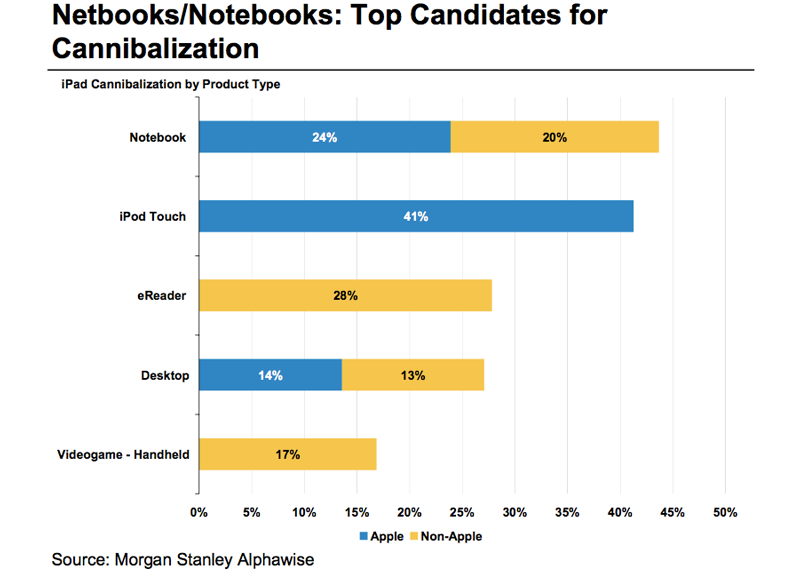
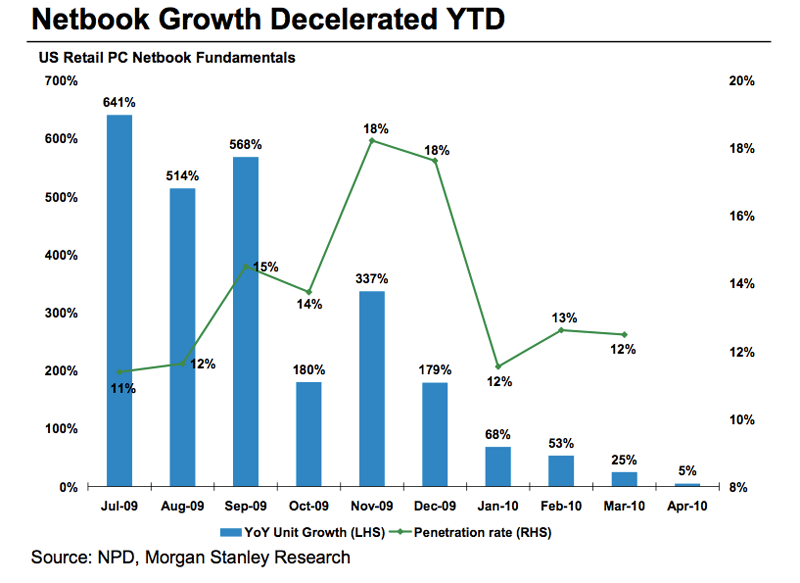














 William Gallagher
William Gallagher
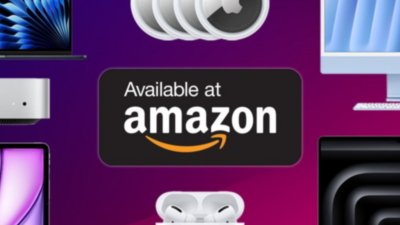
 Christine McKee
Christine McKee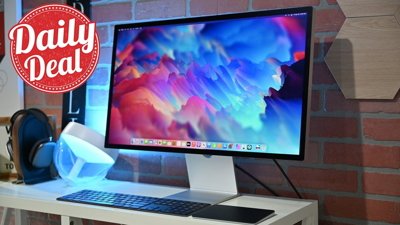
 AppleInsider Staff
AppleInsider Staff
 Chip Loder
Chip Loder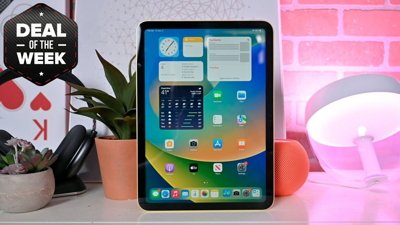
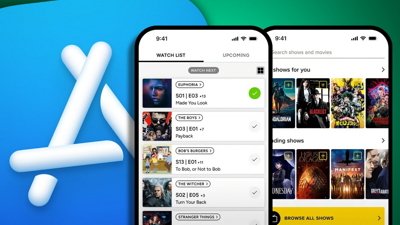
 Malcolm Owen
Malcolm Owen









147 Comments
I can see iPod Touch being less appealing than an iPad for sure if one had to select one or the other. Apple have to have planned for that but it certainly doesn't eat into iPhone sales. The question is will they phase out Touches or drop the price significantly. If they do the latter I can see both Touch and iPad selling well.
Hmm... things Netbooks do well that the iPad doesn't:
1. Cost $400 or less.
2. Run the same operating system, office programs, etc that their desktops/work computers do (most of the time without needing to pay for an extra copy)
3. Let you type long reports, write long mails, etc on a physical keyboard without needing to carry around an extra plug-in keyboard
4. Skype (maybe there is support for this now, but not last time I checked)
5. Connect to peripherals everywhere easily and without needing to take special cables from home
6. Access file types currently unavailable on the iPad (flash, FLAC, MKV, i'm sure there are more)
7. Show the screen at an acceptable viewing angle for working without holding it in your hands or propping it up against something.
Those were a few things that came to mind... I know there are tons of things the iPad does better, but comparing them like Cook is is really a situation of Apples and Oranges.
Again, iPad excels at accessing information, but Netbooks and Macbooks will have it beat for content creation for a long time to come...
I have a feeling it doesn't cannibalize the MacBook market much, if at all. I would put money down that whoever would buy an iPad over a notebook would be buying it over a comparatively priced notebook. If you feel like you need a MacBook, you need a MacBook.
Any college student I've talked to that owns a netbook constantly complains about it, and talks about how it wasn't worth the cost regardless of the price. They wouldn't take an iPad in place of it, but many of them have said to me: "man, I wish I bought a Mac". For those who want a small netbook just to have something lightweight to browse the internet with in their bag, I do think the iPad is the ideal solution. I still don't plan to buy one, but kids who don't even own/like Apple notebooks are really interested in the iPad around campus.
Since buying my iPad, use of my iPhone and iMac has dropped off dramatically and I now use iPad 90% of the time. The iPhone is just a phone to me now and I haven't used an app or the data network since getting the iPad. My iMac gets turned on to sync my iDevices and occasionally surf the web but that's it. If it was possible to use iPad as my main/only computer, I'd do it in a heartbeat.
I thought we were all in agreement that Huberty was among the worst of the worst in terms of Apple analysts... Who cares what opinion she floats out there? A bolus is a bolus.